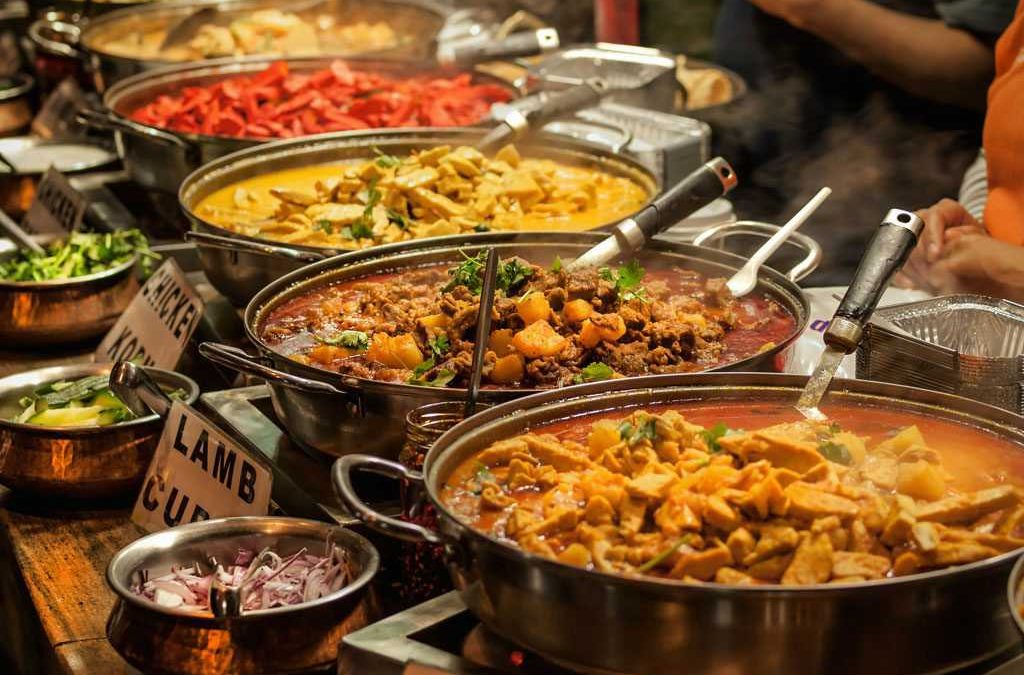Indian cuisine has a rich and diverse history that reflects the country’s cultural and geographical influences. The earliest records of Indian cuisine date back to the Indus Valley Civilization, which flourished from 2600 BCE to 1900 BCE. During this period, people in the Indus Valley region cultivated wheat, barley, rice, and a variety of vegetables and fruits.
The next major influence on Indian cuisine came from the Aryan migration around 1500 BCE. The Aryans brought with them a tradition of cooking with milk, ghee, and spices, which laid the foundation for the use of dairy products and spices in Indian cooking.
In the centuries that followed, Indian cuisine evolved under the influence of various empires and invaders, including the Mauryas, the Guptas, the Mughals, and the British. The Mughals, who ruled India from the 16th to the 19th century, introduced new cooking techniques and ingredients, such as the use of nuts, saffron, and rose water in their cuisine. They also popularized dishes like biryani, kebabs, and pulao.
The British colonization of India in the 19th century had a significant impact on Indian cuisine as well. The British introduced new ingredients like potatoes, tomatoes, and chilies, which were quickly integrated into Indian cooking. They also brought in new cooking methods, such as baking and roasting, which influenced the development of Indian baked goods like naan and bread.
Today, Indian cuisine is known for its unique blend of flavors, spices, and cooking techniques. Regional specialties like the spicy curries of the south, the flavorful biryanis of the north, and the vegetarian dishes of the west and east reflect the country’s diverse culinary heritage. Indian cuisine continues to evolve and adapt to new influences, making it a vibrant and dynamic part of global culinary culture.


Recent Comments